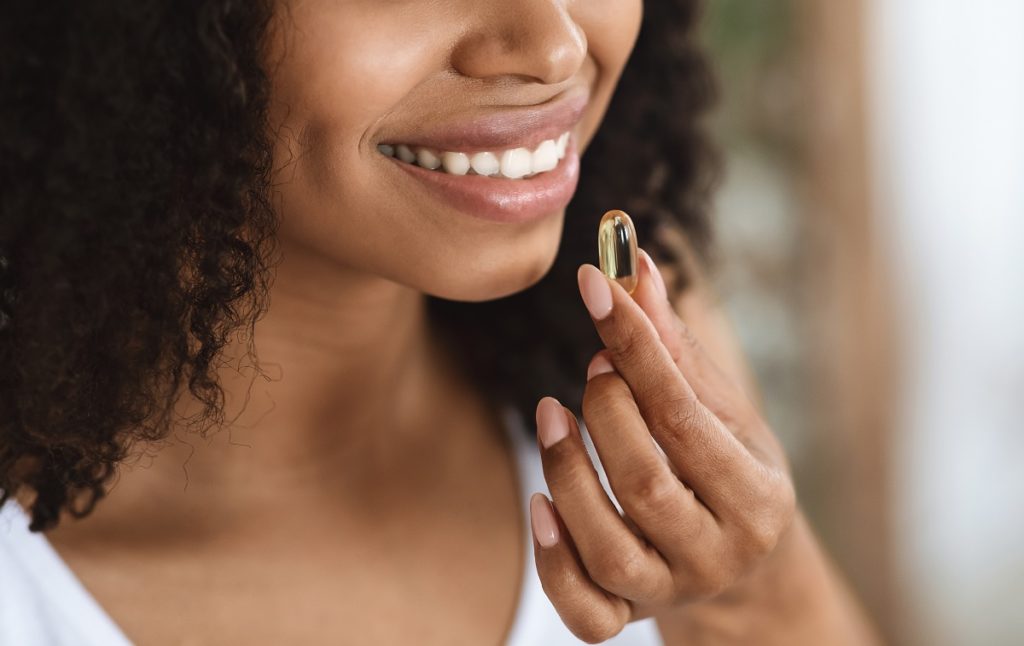
Americans spent an estimated $54 billion on vitamins, minerals, botanicals and other dietary supplements last year, despite scant evidence (in many cases), of any benefit. Aside from the effects on our wallets, many supplements may pose significant health and safety risks.
Unlike prescription medications, supplements do not have to be approved by the Food and Drug Administration (FDA) before they can be sold. If you are considering adding a supplement to your diet, proceed with caution — and knowledge.
A supplement’s safety depends on a lot of things, including what’s in it, how it’s made, how it works, how much you take and what else you are taking. Here are a few things you need to know, according to the Office of Dietary Supplements (ODS), part of the National Institutes of Health:
“Natural” doesn’t always mean safe
Some botanicals, for example, can harm the liver.
One safety test does not fit all
The supplements that you buy online or in stores may be different, in critical ways, from the ones tested in studies.
Some supplements interact badly with other drugs
St. John’s wort, for example, can reduce the effectiveness of some antidepressants, birth control pills and heart medications. Vitamin K can interfere with blood thinners.
Some are dangerous before surgery
They may increase bleeding or affect your response to anesthesia.
Taking too much can be harmful
Excess vitamin A or iron, for example, can use liver damage. Too much vitamin D can cause kidney stones, heart arrhythmias and other risks.
Do your homework
There is solid evidence behind the benefits of certain supplements, such as B12 for older adults and vegans, folate for mothers-to-be, and ginger for easing nausea. But before you invest your money and entrust your health in a supplement, it makes sense to do your homework. Here are four trusted sources to check:
- What you need to know: all of the tips we’ve cited com from this ODS page:
- ODS dietary supplement fact sheets: from acai to zinc, get the facts:
- FDA’s tainted supplements website:
- Your health care providers: talk with your providers and pharmacists about all supplements that you are taking or considering. We’re here to help you understand what might help, what might not, and what might cause harm.


